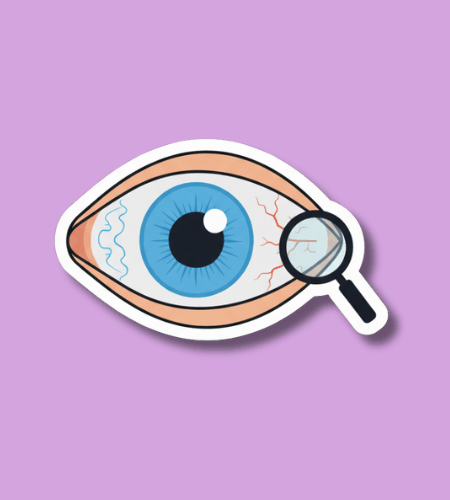In honour of World Keratoconus Day, observed annually on November 10, organisations and individuals worldwide raise awareness about the eye condition Keratoconus (KC)—a progressive thinning and bulging of the cornea—and support those living with it.
Table of Contents
History of World Keratoconus Day
The day was established in 2016 by the National Keratoconus Foundation (NKCF), an educational programme of the Gavin Herbert Eye Institute (University of California, Irvine). The aim was to bring visibility to keratoconus—an under-recognised corneal disorder—and unite patients, eye-care professionals and the public in awareness and advocacy.
Why is World Keratoconus Day important?
Keratoconus often begins in the teenage years or early adulthood and can lead to serious visual distortion, irregular astigmatism and in advanced cases, the need for corneal transplant. Recognising the condition early and providing appropriate treatment can significantly improve quality of life for those affected. The day also helps reduce stigma and isolation experienced by patients.
- It raises public and clinical awareness of keratoconus symptoms, diagnosis and progression.
- It encourages early screening and intervention to slow or halt progression (e.g., corneal cross-linking).
- It supports patients and families in connecting with resources and support communities.
- It draws attention to research, access to care, and the need for improved treatment options worldwide.
- It reminds health-care systems and practitioners of the importance of corneal health and vision-care access.
How to Observe World Keratoconus Day
Since this day centres on awareness, education and support rather than celebration, it’s appropriate to observe the day—through outreach, learning and community building. Whether you’re a patient, caregiver, eye-care professional or simply someone interested in eye health, here are ways to participate:
- Share your story or a fact about keratoconus on social media with hashtags like #WorldKCDay or #KCawareness to help spread knowledge.
- Arrange or attend an educational event (webinar, talk, screening outreach) focused on corneal health or keratoconus.
- Encourage friends or family members to get regular eye-exams and ask about corneal topography if symptoms appear (blurred vision, light sensitivity, changing prescriptions).
- Partner with local eye-care clinics or organisations to host a “Cones for a Cause” campaign (NKCF suggests local ice-cream-cone fundraisers) to raise funds and awareness.
- Provide or share resources (flyers, eye-health info, contact-lens guidance) for those diagnosed with or at risk of keratoconus.
World Keratoconus Day Dates Table
| Year | Date | Day |
|---|---|---|
| 2026 | November 10 | Tuesday |
| 2027 | November 10 | Wednesday |
| 2028 | November 10 | Friday |
| 2029 | November 10 | Saturday |
| 2030 | November 10 | Sunday |
Subscribe to our newsletter and never miss a holiday again!

